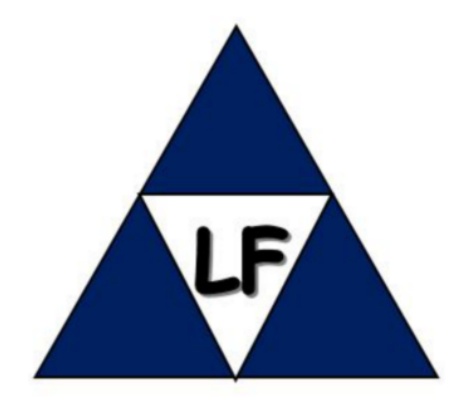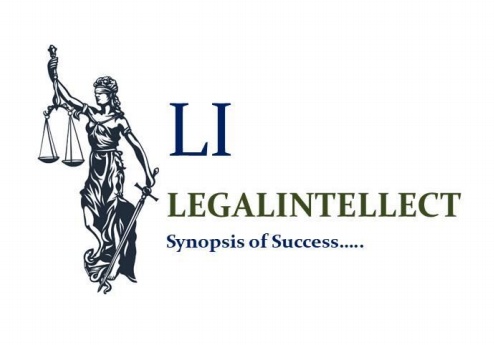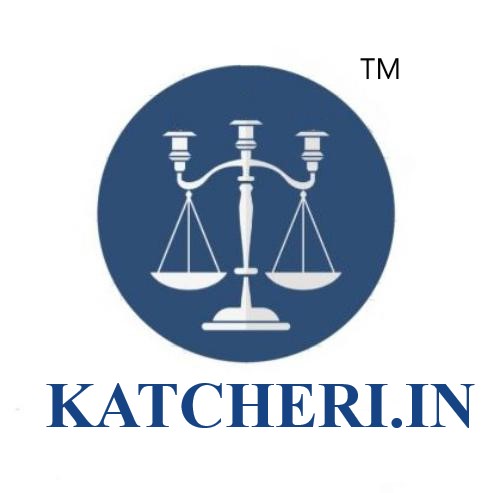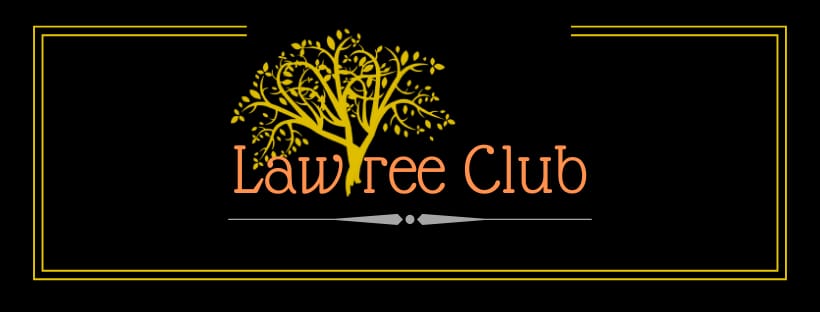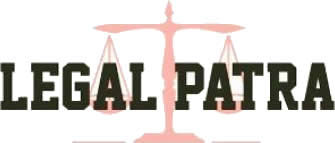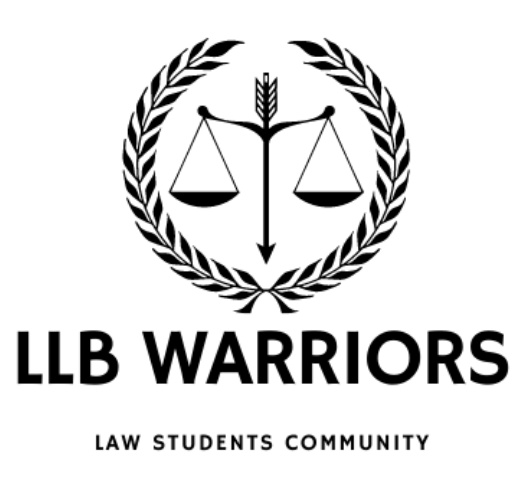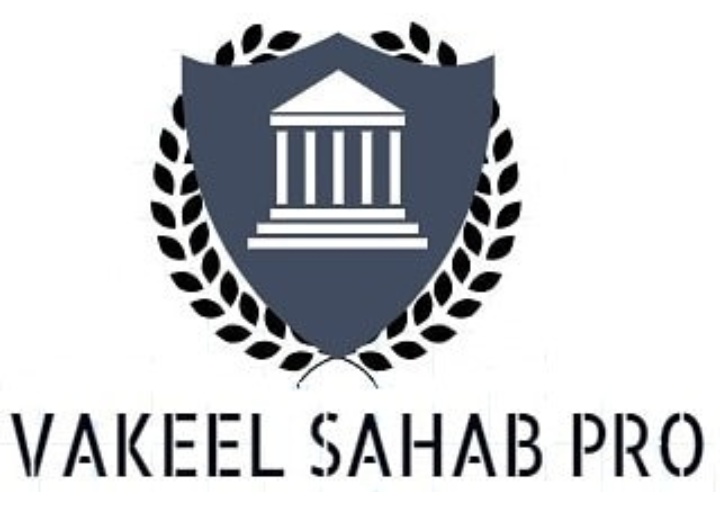Women are blessed with a phenomenal power – power to change the world through their talented mind & strong will, and by giving birth to new life through their body.
Basing on what wise souls have believed in – the state of any society may simply be ascertained by looking at the status of women living in that nation!
We know that women have always given their all – dedicated their mind and body – as contributions for the growth of all civilizations across the globe since ages, but here, the questions arise-
Did the society always give them the respect they deserve?
Were they given a fair chance to grow and develop properly, without fear or complexes?
More often than not, the answers to these questions are seen to be in the negative everywhere. As we see around us today, women’s struggles and movements in the present times are for establishing their own identity and for demanding equal treatment & respect.
Even in the so-called well-developed societies, the majority exhibits a deep lack of sensitivity regarding giving out the actual respect & dignified treatment to women.
An aggravated form of such mentality leads to commission of a heinous sexual offence - ‘Rape’, and strangely enough, ‘acquaintance rape’ is one of the most common types of rape in the modern-day society!
Broadly, we may state that one’s home is the safest place to be in, and its inmates or our friends, neighbours, acquaintances are the safest people for us to be surrounded with.
However, this becomes a myth nowadays, as in most of the rape cases happening around us, we see the offence being perpetrated by someone well-acquainted to the prosecutrix (rape-victim complainant). This is known as ‘acquaintance rape’.
It includes ‘campus rape’, ‘date rape’, ‘marital rape’, etc.
The offender in such sexual crime could be one’s boyfriend, batch-mate, colleague, boss, teacher, doctor, therapist/counsellor, family member/relative, best friend, spouse, spiritual mentor, and so on.
Diana E.H. Russell, a noted activist, feminist writer & researcher of South African origin, was the first person who recognized the worldwide-increase in incidents of ‘acquaintance rape’, and thus came this term. She used this expression for the first time in 1978.
Likewise, Robin Warshaw, an American feminist writer also published his first major book on acquaintance rape - ‘I Never Called It Rape’, concerning the untold-&-unheard sufferings of several acquaintance rape-victims.
Rape is a sexual offence including sexual penetration or intercourse against a woman without her consent. It has been defined under the substantive legal-provision, Section 375 of the Indian Penal Code, 1860 with corresponding punishment laid down in S. 376.
As if sex-selective abortions for preferring male child, female foeticide & infanticide, sati, child marriage, acid attacks by stalkers, voyeurism, etc. wasn’t ugly enough, according to the data of National Crime Records Bureau (NCRB), rape is the fourth most common crime perpetrated against women in India!
According to official information from United Nations Population Division (UNPD), men outnumbered women by 66 million in the year 2016 – the low numbers of the latter gender being due to rise in crimes against women!
Data from US authorities shows that 45% of sexual assaults in USA are committed by an acquaintance, and 25% are those by a current or former intimate partner (‘date rape’).
In most of such cases, traditionally, victims were not able to file FIR (First Information Report) against the offender due to pressure from family or society. If somehow, she was even able to do the same, she ran the risk of being seriously harmed by the offender or her family itself to protect their so-called ‘image’ or ‘honour’ in society!
However, in today’s times, women have access to multiple digital platforms etc. on which they may choose to make their voices heard. ‘#MeToo’ was one such online voice-raising movement against incidents of sexual harassment. The concept behind it was to empower any aggrieved woman to share her story of suffering, drawing from the courage of and empathy from other similar women victims associated with the campaign. Other such initiatives are seen fast-growing in popularity at present – a sign of positive social change, even though a small step!
Talks about social progress, empowerment, gender justice, human rights are all hollow without grassroots-level implementation of provisions safeguarding women’s rights.
To conclude, I feel compelled to share Nelson Mandela’s famous remark:
“Freedom cannot be achieved unless women have been emancipated from all forms of oppression!”
By SAKSHI ANAND (Lloyd Law College, Greater Noida)


